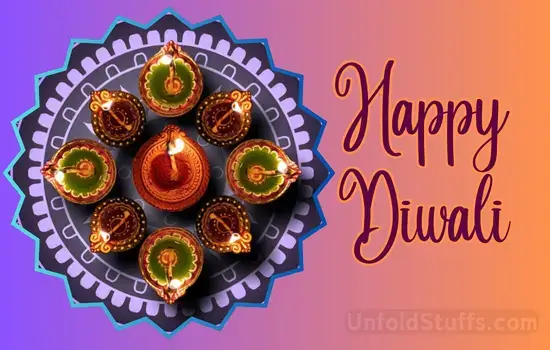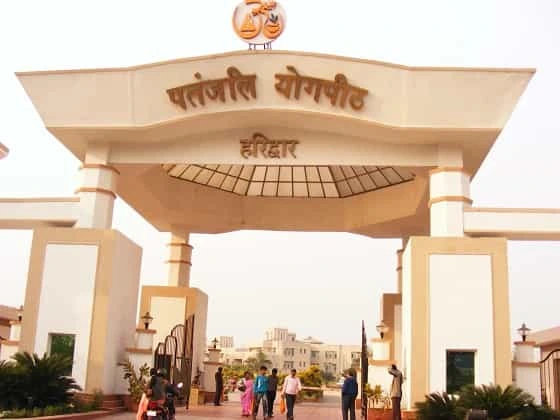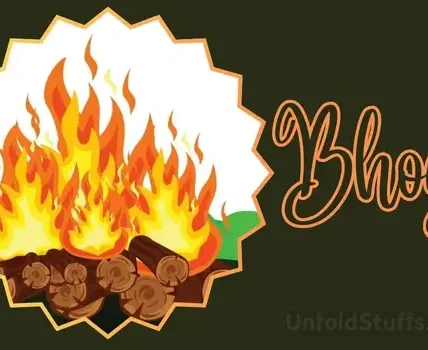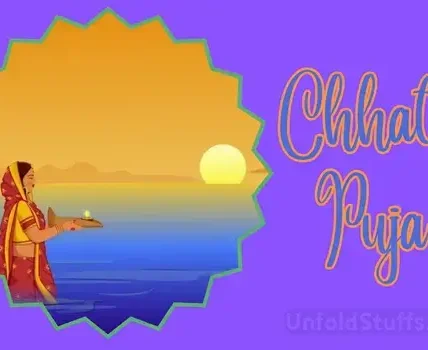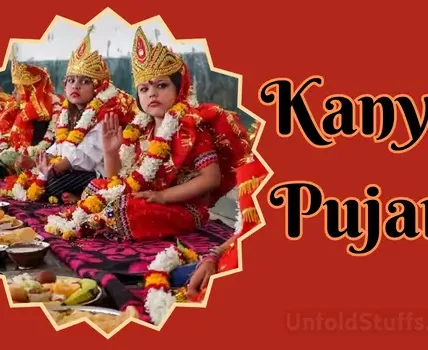Diwali, also known as Deepavali, is a joyous festival celebrated by millions in India and around the world. The word “Diwali” means a row of lights, and it usually falls in October or November and this year it falls on 01st November 2024. The festival is marked by vibrant decorations, colorful rangoli designs, and the lighting of diyas (oil lamps).
People celebrate Diwali for various reasons. One significant aspect is its religious significance. For Hindus, Diwali commemorates Lord Rama’s return to Ayodhya after defeating the demon king Ravana, as told in the epic Ramayana. It also marks the triumph of good over evil and light over darkness.
In addition to its religious roots, Diwali has cultural significance. It’s a time for families to come together, share delicious meals, exchange gifts, and enjoy festive activities. The lighting of diyas symbolizes the victory of knowledge over ignorance.
Overall, Diwali is a celebration of positivity, unity, and the renewal of life. It spreads the message of hope and encourages people to strive for goodness and compassion in their lives.
Diwali 2024 Puja Date and Time
Diwali / Deepavali 2024 |
||
| Event | Date & Time | Day |
| Diwali / Deepavali 2024 | Nov 01, 2024 | Friday |
| Lakshmi Puja Muhurat | 05:36 PM to 06:16 PM | Friday |
| Pradosh Kaal | 05:36 PM to 08:11 PM | Friday |
| Vrishabha Kaal | 06:20 PM to 08:15 PM | Friday |
| Amavasya Tithi Begins | 03:52 PM on Oct 31, 2024 | Thursday |
| Amavasya Tithi Ends | 06:16 PM on Nov 01, 2024 | Friday |
Diwali from October 28th to November 03rd, 2024
Diwali / Deepavali 2024 |
||
| Event | Date & Time | Day |
| Diwali / Deepavali 2024 | Nov 01, 2024 | Friday |
| Day 1 | ||
| Govatsa Dwadashi, Vasu Baras | Oct 28, 2024 | Monday |
| Day 2 | ||
| Dhantrayodashi, Dhanteras | Oct 29, 2024 | Tuesday |
| Day 3 | ||
| Kali Chaudas, Hanuman Puja | Oct 30, 2024 | Wednesday |
| Day 4 | ||
| Narak Chaturdashi, Tamil Deepavali, Kali Puja | Oct 31, 2024 | Thursday |
| Day 5 | ||
| Diwali / Deepavali 2024, Lakshmi Puja | Nov 01, 2024 | Friday |
| Day 6 | ||
| Govardhan Puja, Annakut | Nov 02, 2024 | Saturday |
| Day 7 | ||
| Bhaiya Dooj | Nov 03, 2024 | Sunday |
Stories Related to Diwali / Deepavali
Story 1: The Return of Lord Rama
Long ago, in the ancient city of Ayodhya, there lived a noble and virtuous prince named Rama. He was exiled to the forest for fourteen years along with his devoted wife, Sita, and loyal brother, Lakshmana. During their exile, the evil demon king Ravana kidnapped Sita, leading to a great battle.
With the help of his devoted ally, Hanuman, and an army of monkeys, Rama defeated Ravana and rescued Sita. The people of Ayodhya rejoiced at the news of Rama’s victory and eagerly awaited his return. To guide Rama back to Ayodhya, the people lit oil lamps, creating a beautiful row of lights. The entire city was illuminated to welcome the triumphant return of their beloved prince.
Since that day, people continue to celebrate Diwali by lighting lamps, bursting fireworks, and exchanging sweets to symbolize the victory of light over darkness and good over evil.
Story 2: The Story of Krishna and Narakasura
In the city of Dwaraka, there was a powerful demon named Narakasura. He had earned the wrath of the gods with his tyranny and arrogance. Lord Krishna, known for his divine interventions, decided to defeat Narakasura to restore peace and justice.
In a fierce battle, Krishna vanquished Narakasura, and before his demise, the demon realized the error of his ways. He requested a boon from Krishna to allow a celebration of his death, expressing his desire for the people to rejoice on this day.
Krishna granted Narakasura’s wish, and on the day of Narak Chaturdashi, people light lamps and celebrate the victory of good over evil. This day is now known as Choti Diwali or Naraka Chaturdashi, observed a day before the main Diwali celebration.
These stories convey the underlying theme of Diwali – the triumph of righteousness, the victory of light over darkness, and the importance of compassion and virtue in our lives.
Facts About Diwali 2024
Check All Hindu Festival Date, Shubh Muhurat & Puja Timing |
||||
| Akshay Tritiya | Durga Puja | Holi | Krishna Janmaashtami | Rath Yatra |
| Bhogi | Dussehra | Holika Dahan | Magh Purnima | Teej |
| Chhath | Ganesh Chaturthi | Kalash Sthapana | Maha Shivaratri | Tulsi Vivah |
| Dasha Mata | Govardhan | Kanya Pujan | Makar Sankranti | Ugadi |
| Dhanteras | Gudi Padwa | Kartika Purnima | Nag Panchami | Vasant Panchami |
| Diwali | Hanuman Jayanti | Karva Chauth | Raksha Bandhan | |
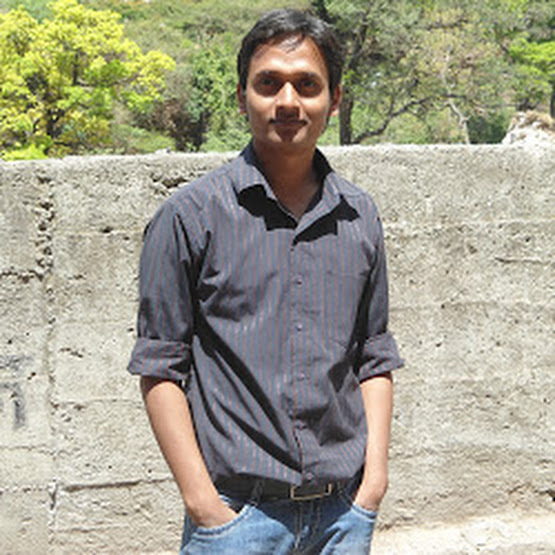
Santosh Kumar is an editor at unfoldstuffs.com and a professional content writer. With years of experience he is passionate for creating engaging, informative and impactful topics.
